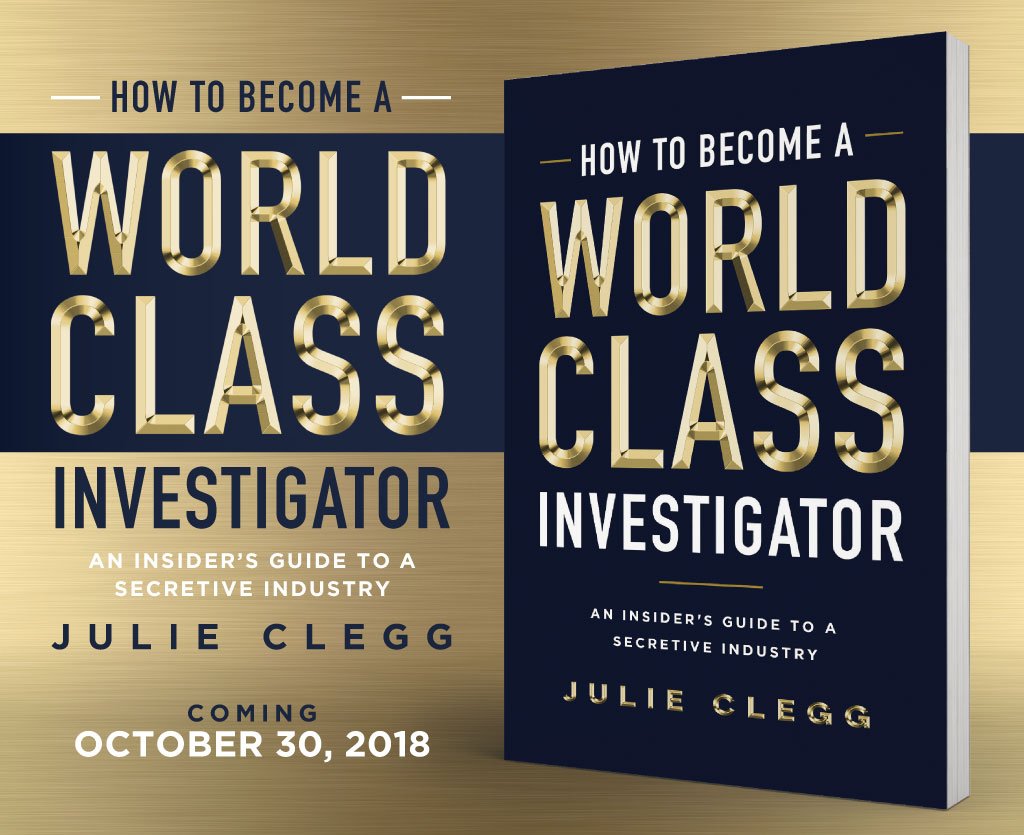Skills, Impact & Contribution – An insight into how the intelligence sector manages the balance
In an era where intelligence communities are becoming ever more crucial in protecting our way of life, the pressure is on to make sure they have the right people working in their operations and investigations. It’s not just about the skills sets, it’s about the cohesion of a team to ensure efficient, pro-active operations and a strong synergy amongst those working towards a vital and sometimes life saving outcome.
Julie Clegg, CEO Human-i Intelligence Services Inc., OSINT (Open Source Intelligence) expert for Channel 4’s TV Show ‘Hunted’ and former West Yorkshire Police Detective Constable, believes a balance has to be set between someone’s specialism, expertise and ability, and their potential impact within a team construct.
Julie has worked in this industry for 20 years and in that time she’s spent considerable energy building and getting to know her network across a number of specialisms. This has given her the opportunity to pick from the best and align the teams on collective impact as well as individual ability, a unique approach that is proving incredibly valuable to the success of her organisation and clients alike.
We sent our in-house Game Changer, Andy Cracknell, a former telecoms intelligence specialist, to speak to Julie about pulling together the right individuals for each operation.
Andy Cracknell – “What key factors do you consider when pulling a team together and why are these factors so important?”
Julie Clegg – “When I receive a request for an investigation, the first step is to identify the key skills sets required. It could be one of any number of skills from psychology to digital forensics, politics to cyber security; whatever the case, I rely on my ability to define the parameters of an investigation, identify the needs of my client and gather the right team together.”
Andy Cracknell – “What’s next?”
Julie Clegg – “Once I’ve identified the key skills sets I then identify the best individual for each role, including the individual who will lead the investigation.
It’s then time to identify individuals for any other skill sets required and build a team around the lead that will work closely together to support each other and ensure the investigation is thorough. I have to consider how they all fit together as humans and their impact upon each other as well as the skills they bring to the table.
It’s no good having the best expert in a particular field if they can’t work with others. It needs to be a cohesive unit so each team member can support others to ensure a thorough investigation is carried out.”
Andy Cracknell – “Can you give me an example of how this might look in an investigation?”
Julie Clegg – “Typically when putting a team together I’m looking for particular elements, for example a ‘Play Maker’, the individual who acts like a peace keeper – someone who is the glue in the team and keeps others motivated, making sure the human fit of the team stays on course. This normally fits with the intelligence officer or analyst’s role in an investigation.
Then there are those who get the job done, the ‘Implementers’; individuals who can be given a task, and be trusted to just get it completed. These will be individuals like surveillance officers or ground agents working covertly.
We also need planners, or as you call them ‘Strategists’; these are the people who monitor the intelligence coming in and work out the direction of the investigation, make recommendations and know how best to utilise other team members. These may be people like our Intelligence Analysts.
There is often a need to come up with innovative ways to find out information so I also look for ‘Game-Changers’; creative individuals who think differently to everyone else. These individuals tend to come up with solutions to problems that no-one else would have thought of.”
Andy Cracknell – “So where do you fit in to the bigger picture if you’re not leading the investigation?”
Julie Clegg – “I’m a perfectionist, a ‘Polisher’. I’ve taken the GC Index® and my profile was a revelation. One of the things that came up was my relentless need to make things perfect. It reminded me of when I began my career with West Yorkshire Police as a new Police Officer. Whilst I was in my probation period, one of the pieces of feedback I consistently received, was “Julie needs to learn when to let the investigation go, when everything has been done and to recognise when she can do no more”.
I always maintain an overview of each task to ensure everything is being done in the best way possible. There are rare occasions when I second-guess my actions but I simply remind myself that I am a perfectionist (Polisher) and I have very high standards so I manage my own expectations in line with those of the client. By doing that I don’t allow myself to be negatively affected by those moments of second-guessing.
I stay away from things I know I can’t do as well as someone else because I know I’ll never get it how I want it. I know my limits and I work with that in mind. I tend to stick with more analytical and leadership roles within the team.”
Andy Cracknell – “So every investigation is different, but there are some core consistencies?”
Julie Clegg – “Our investigations can be anything from national security, through corporate espionage to serious stalking and threats. We can’t have an off the shelf product when dealing with such a variety of complex issues. Every investigation has a variety of skill requirements that are so different, so every team must be different. There are, however, those core characteristics you look for to ensure the smooth operation of a team on every investigation. The people that do, the people that plan, the people that keep the peace and the people who think differently and then, of course, those who review and, where possible, make things better.”
If you’d like to find out more about Human-i or Julie herself please visit the links below. To find out more about our interview with Julie make sure you check back for the next part coming soon.
https://www.linkedin.com/in/julieclegg1/



